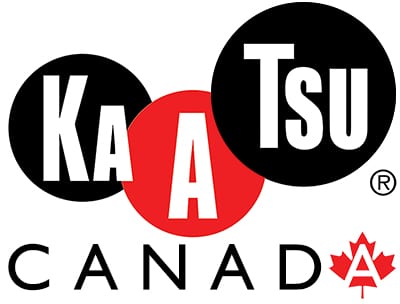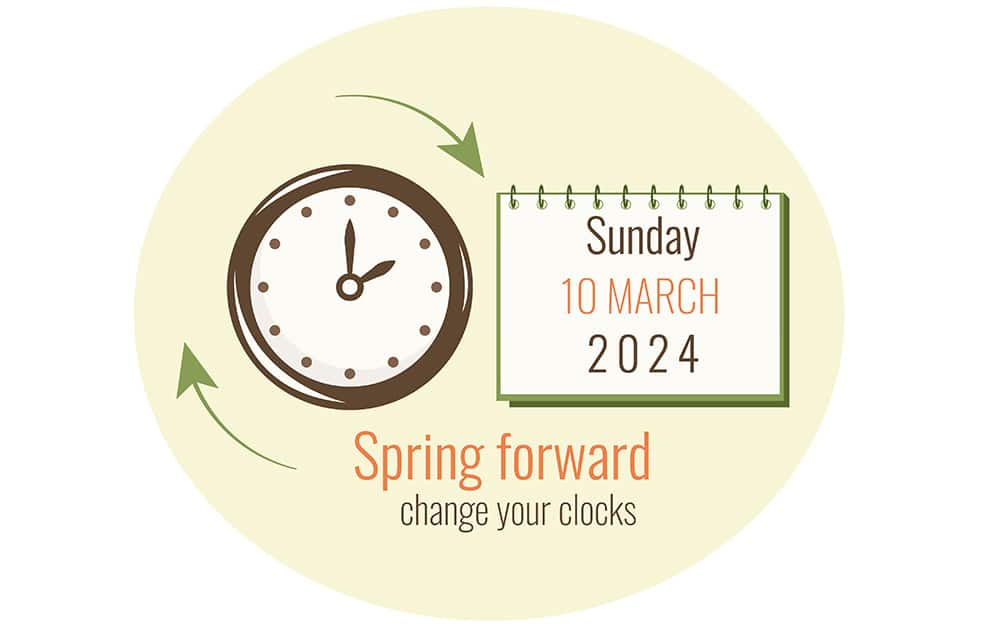Research has shown that there is an increase in the risk of heart attack and stroke. An increase in the number of traffic fatalities, medical errors, and mental health disorders is also associated to the time change. Seriously. So, why am I talking about KAATSU?
Could KAATSU Help Mitigate DST Risks?
It’s hard to say for sure as this hasn’t been researched formally. However, there was a paper released in 2021 discussing how KAATSU could be beneficial to mitigate jetlag in athletes competing at the Tokyo Olympics. The paper outlined how KAATSU can act on the mechanisms that regulate the body’s internal clock. While more formal research is required to validate those findings, there is a wealth of anecdotal evidence supporting KAATSU’s effects on reducing jetlag symptoms.
Even though the change to DST (and then back in the fall) is only one hour, the research seems to suggest there is a society-wide physiological impact of this “minor” time change. It seems to me that using KAATSU in Cycle mode the evening before the switch to DST and then again the next morning could have a beneficial effect. That’s certainly something I’ll be doing.
Aside from KAATSU’s proven cardiovascular and muscle-building benefits, I think its potential to help people mitigate jetlag symptoms is something that should be researched further. In the meantime, I’m going with the N=1 approach. I’ll let you know how I feel Sunday morning 😉
Disclaimer: KAATSU protocols have not been evaluated by Health Canada. KAATSU is not intended to diagnose, treat, cure, or prevent any disease and its use should be evaluated by your own physician before use.

